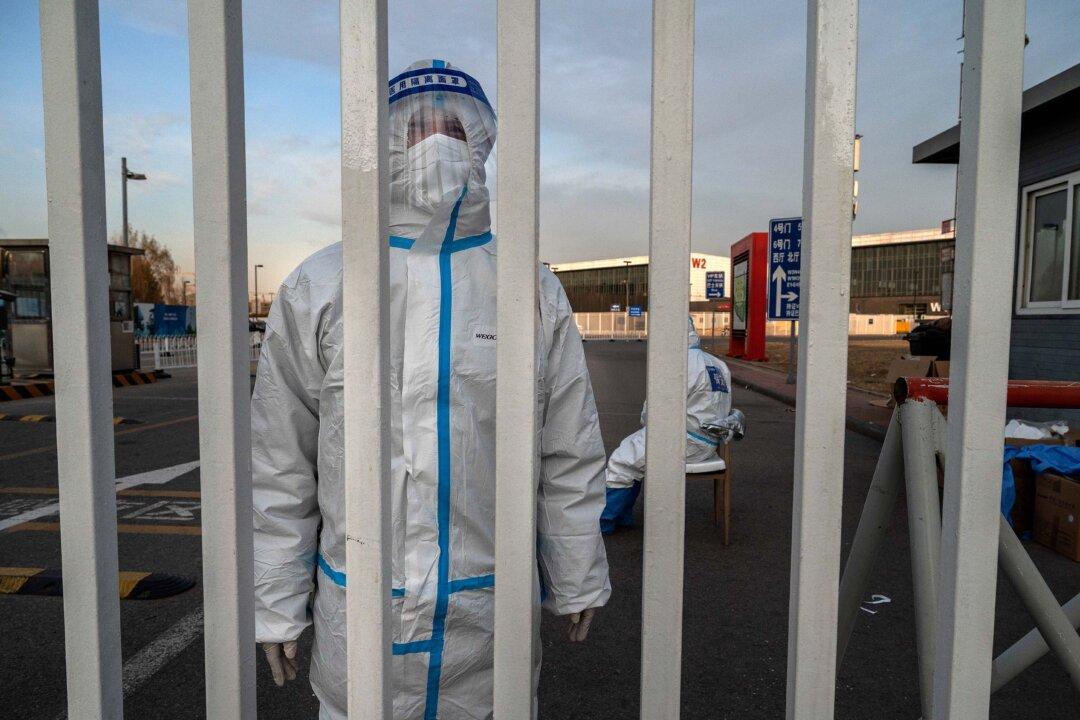During the Chinese Communist regime’s strict COVID-19 lockdowns, “Big Whites” were often the greatest fear for ordinary Chinese citizens.
“Big Whites” were the workers who implemented the regime’s measures against the CCP virus across China—so named because of the protective white suits they wore. They were authorized to restrict personal freedom at will in the name of pandemic prevention.




